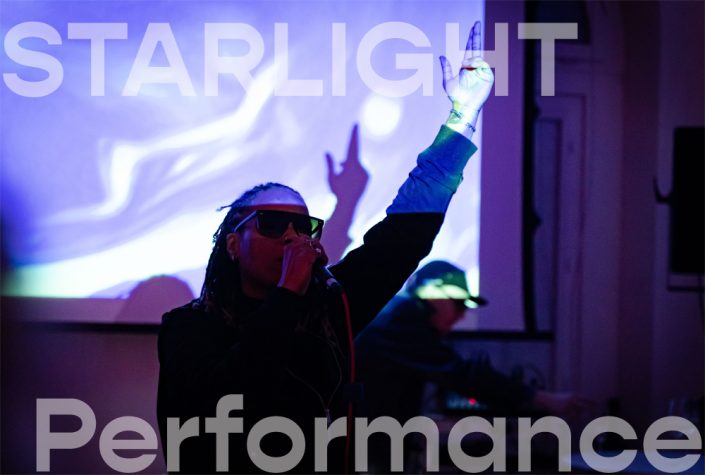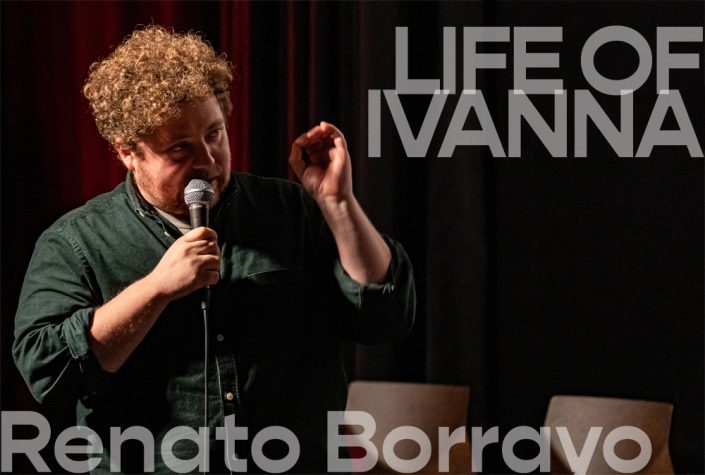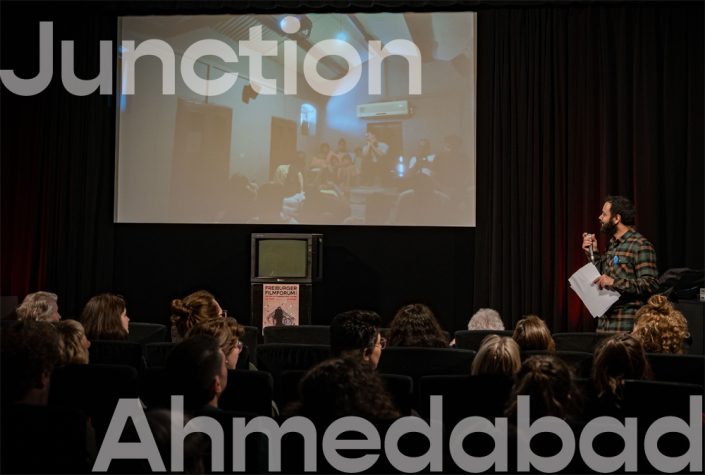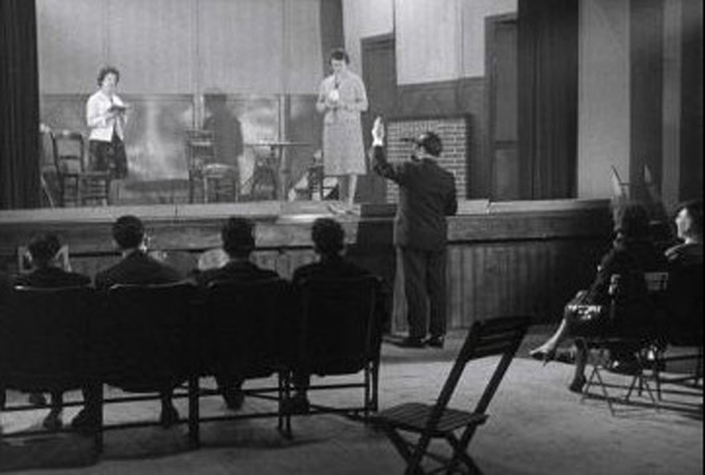 Ethno-fiction: The sociological portrait of a little village in Belgium and the passion of its inhabitants for amateur theatre. In 1895 the theatre group ‘Les amis du plaisir’ was founded. … read more
Ethno-fiction: The sociological portrait of a little village in Belgium and the passion of its inhabitants for amateur theatre. In 1895 the theatre group ‘Les amis du plaisir’ was founded. … read more
Hommage to Luc de Heusch
 Ethno-fiction: The sociological portrait of a little village in Belgium and the passion of its inhabitants for amateur theatre. In 1895 the theatre group ‘Les amis du plaisir’ was founded. … read more
Ethno-fiction: The sociological portrait of a little village in Belgium and the passion of its inhabitants for amateur theatre. In 1895 the theatre group ‘Les amis du plaisir’ was founded. … read more
LES AMIS DU PLAISIR TRENTE ANS APRÈS
Friends of Amusement Thirty Years after
Belgium 1995 | 44 Min. | 35 mm, fr. OF
 Thirty years ago Luc de Heusch was documenting the people of Moulbaix at their work and indulging their passion: playing theatre. Now de Heusch comes back to visit the »elders« … read more
Thirty years ago Luc de Heusch was documenting the people of Moulbaix at their work and indulging their passion: playing theatre. Now de Heusch comes back to visit the »elders« … read more
 This sarcastic ethnographic film reflects the image of eating mankind. We are passing the eighth part of every day having a meal. The rhythm of alimentation at Brussels. A wedding … read more
This sarcastic ethnographic film reflects the image of eating mankind. We are passing the eighth part of every day having a meal. The rhythm of alimentation at Brussels. A wedding … read more
RWANDA: TABLEAUX D’UNE FEODALITE PASTORALE
Rwanda - Image of a Feudalism Pastoral
Belgium 1955 | 45 Min. | 16 mm, fr. OF
 This film reconstructs the social relationship among Hutu farmers and Tutsi herdsmen in the kingdom of Rwanda after 1900, when the effect of colonisation was less visible. Misago, a poor … read more
This film reconstructs the social relationship among Hutu farmers and Tutsi herdsmen in the kingdom of Rwanda after 1900, when the effect of colonisation was less visible. Misago, a poor … read more
SUR LES TRACES DU RENARD PÂLE
RECHERCHES EN PAY DOGON 1931-1983
Belgium 1984 | 48 Min. | 16 mm, OmeU
 This film tells the story of the intellectual adventures of Marcel Griaule, the founder of social anthropological fieldwork in France. Since 1931 he dedicated his life to the Dogon, today … read more
This film tells the story of the intellectual adventures of Marcel Griaule, the founder of social anthropological fieldwork in France. Since 1931 he dedicated his life to the Dogon, today … read more
UNE REPUBLIQUE DEVENUE FOLLE - RWANDA 1894-1994
A Republic Country is going crazy - Rwanda 1894-1994
Belgium 1996 | 75 Min. | BetaSP, OmeU
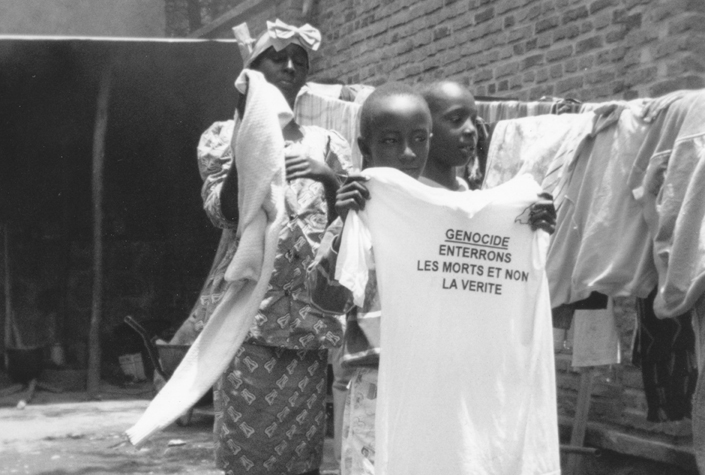
In 1954 Luc de Heusch shot a film illustrating the traditional relationship between Tutsi herdsmen and Hutu farmers in the ancient Central African kingdom of Rwanda. He now tells the country’s story from the time of German colonisation, dealing in turn with the Belgian mandate, the drama of independence, the coup of G.Kayibanda and the dictatorship of J. Habyarimana. This reveals the true face of this society, disfigured by the colonial ideology, then by the republican regime. Contrary to what a misinformed public opinion was all to willing to believe, the tragedy of the genocide was not the ultimate episode in a struggle between two hostile »ethnic groups«. Hutu and Tutsi make up one nation whose inhabitants speak the same language and come from the same religion.
